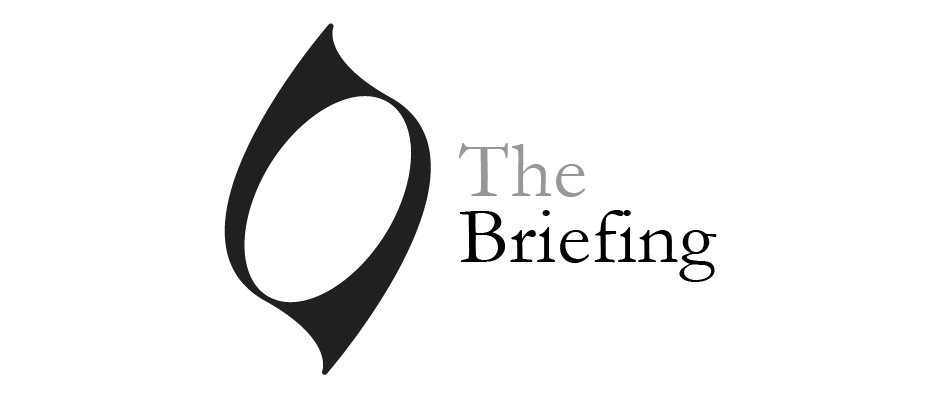Every Friday, we will publish a short list of a few articles that have caught our attention. This is what we’re reading this week:
An explication of a nostalgic predisposition that manifests in capturing and documenting moments prior to experiencing them:
It is as if even the gap between the past and present shrank to almost nothing, but the present kept going, turning in on itself, collapsing ever more, until the very present itself became a memory. We might describe this self-cannibalism with Frederic Jameson’s notion of nostalgia for the present: “We draw back from our immersion in the here and now … and grasp it as a kind of thing.”
Another children’s toy that leaks data to the internet:
As we’ve seen time and time again in the last couple of years, so-called “smart” devices connected to the internet—what is popularly known as the Internet of Things or IoT—are often left insecure or are easily hackable, and often leak sensitive data. There will be a time when IoT developers and manufacturers learn the lesson and make secure by default devices, but that time hasn’t come yet. So if you are a parent who doesn’t want your loving messages with your kids leaked online, you might want to buy a good old fashioned teddy bear that doesn’t connect to a remote, insecure server.
Denmark in a Debacle: whether to protect freedom of expression, or to safeguard religion from public demonstrations of ridicule and contempt:
The decision stunned many Danes: No one has been convicted of blasphemy in Denmark since 1946, and the country has a long tradition of free speech; burning the flag is not a punishable crime.
Finland conducts a trial for a universal income:
Finland’s experiment is a variation on the idea of a universal basic income: an unconditional income paid by the government to all citizens, whether or not they’re in work. The Finns have long been perceived to be at the cutting edge of social innovation, so this is a fitting setting for the first national experiment of its kind.
This forum points to a history of Islamophobia in the United States that predates Trump by at least 20 years:
As we consider the anti-Muslim rhetoric, appointments, and policies of the Trump administration, we must remember that Islamophobia has been part and parcel of the War on Terror for some time. And there is no sign that this atmosphere will now change, or that the use of these tactics and programs will abate. If anything they will only increase under the new administration. The price we pay is the further marginalization of entire communities, whose place in society seems to remain contingent on the abridgment of their constitutionally protected rights, the very rights that are supposedly available to all.
A Commentary on U.S. War Propaganda and the Aesthetics of Violence:
This is standard fare in U.S. war propaganda: We fixate on the Americans killed, learning their names and life stories and the plight of their spouses and parents, but steadfastly ignore the innocent people the U.S. government kills, whose numbers are always far greater. There is thus a sprawling, moving monument in the center of Washington, D.C., commemorating the 58,000 U.S. soldiers who died in Vietnam, but not the (at least) 2 million Vietnamese civilians killed by that war.
